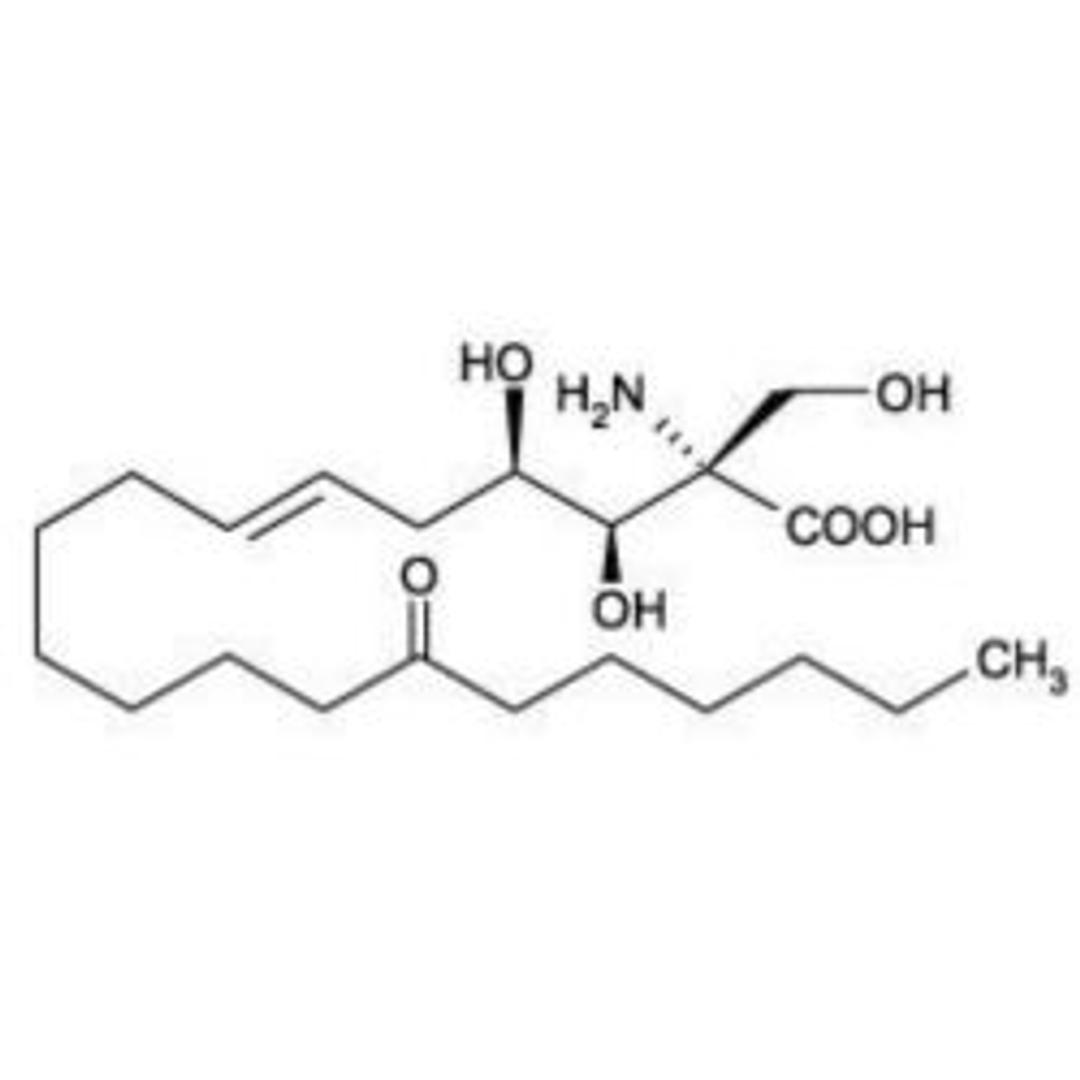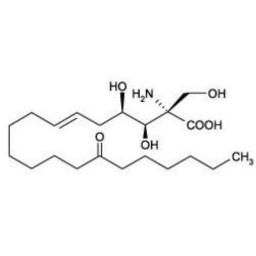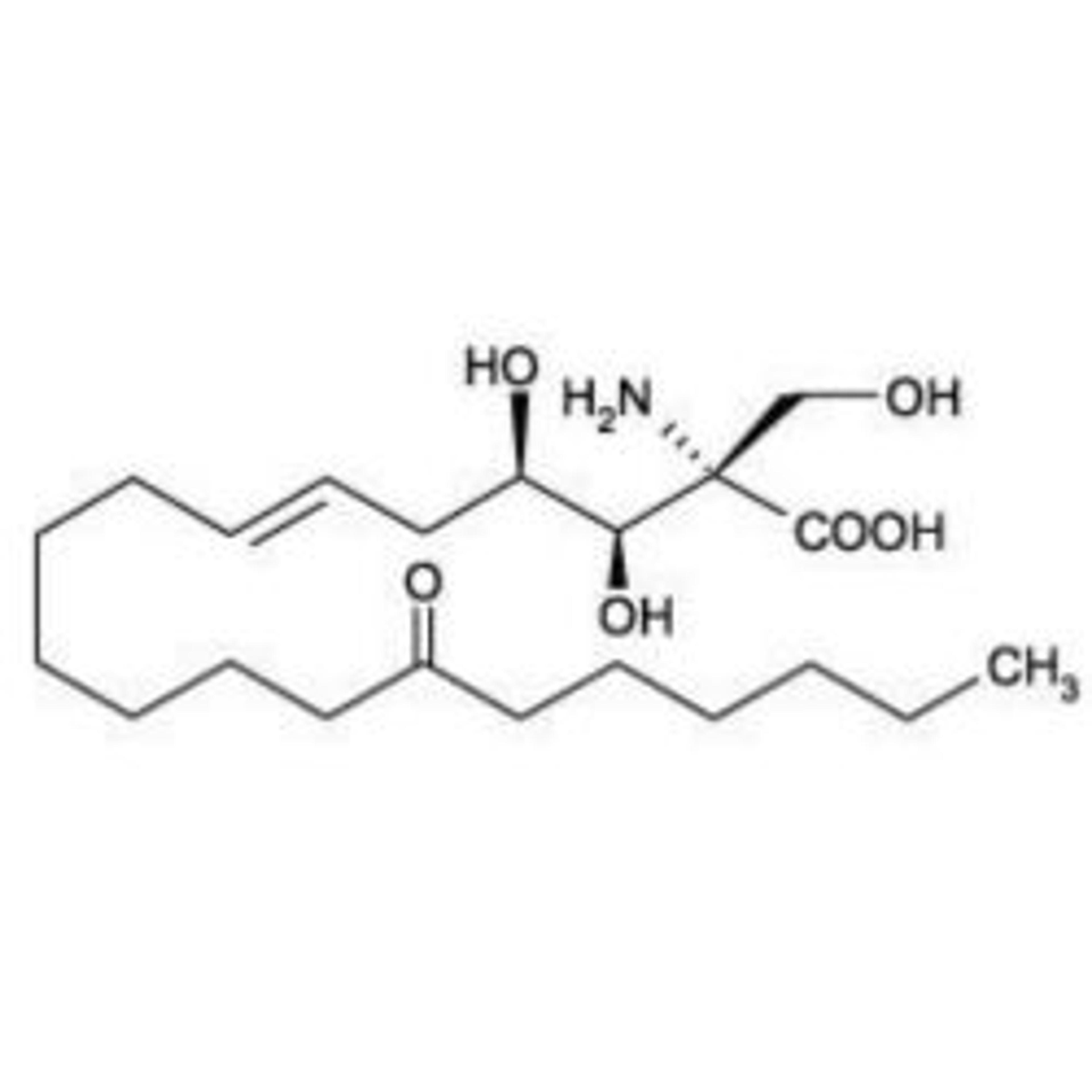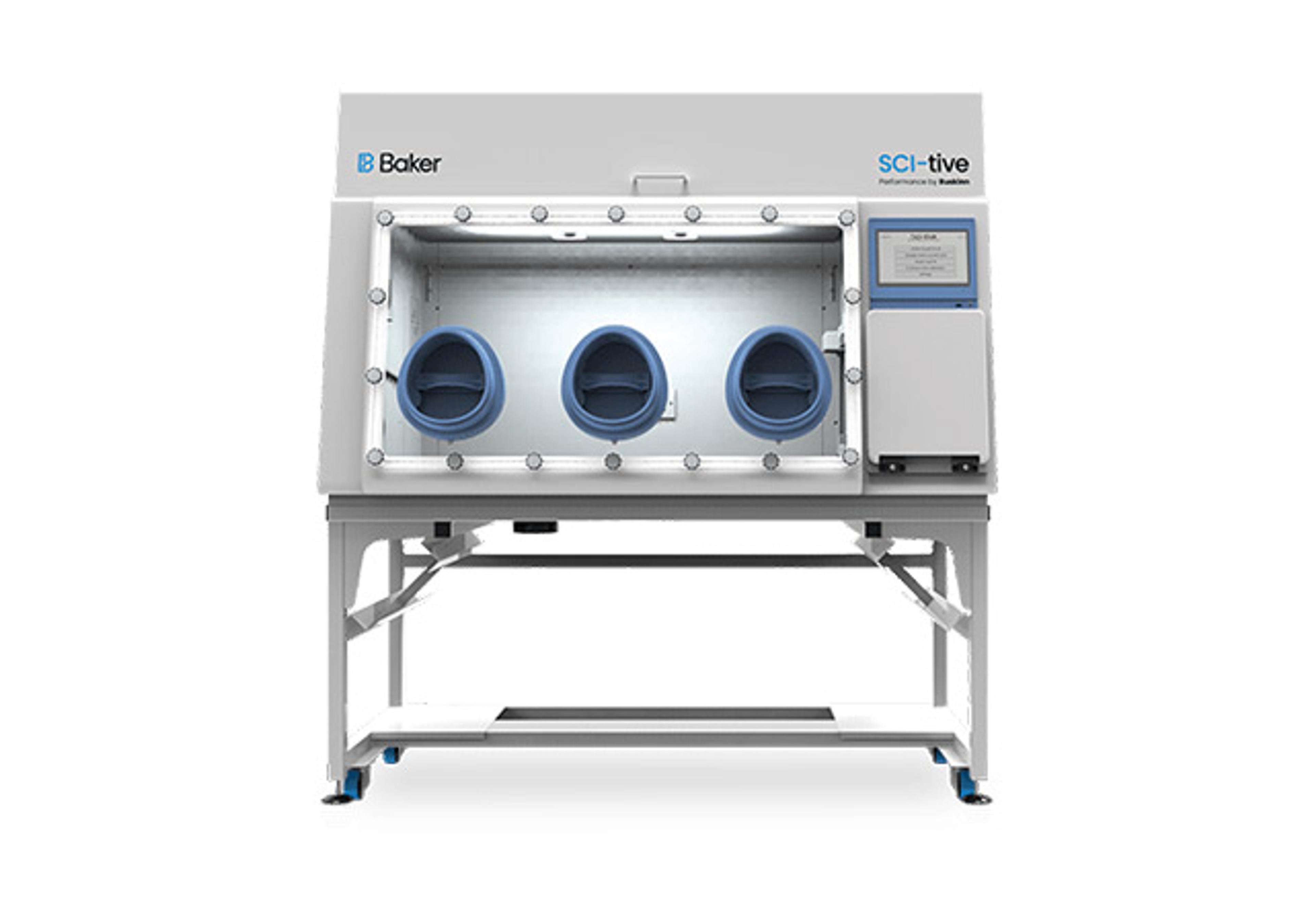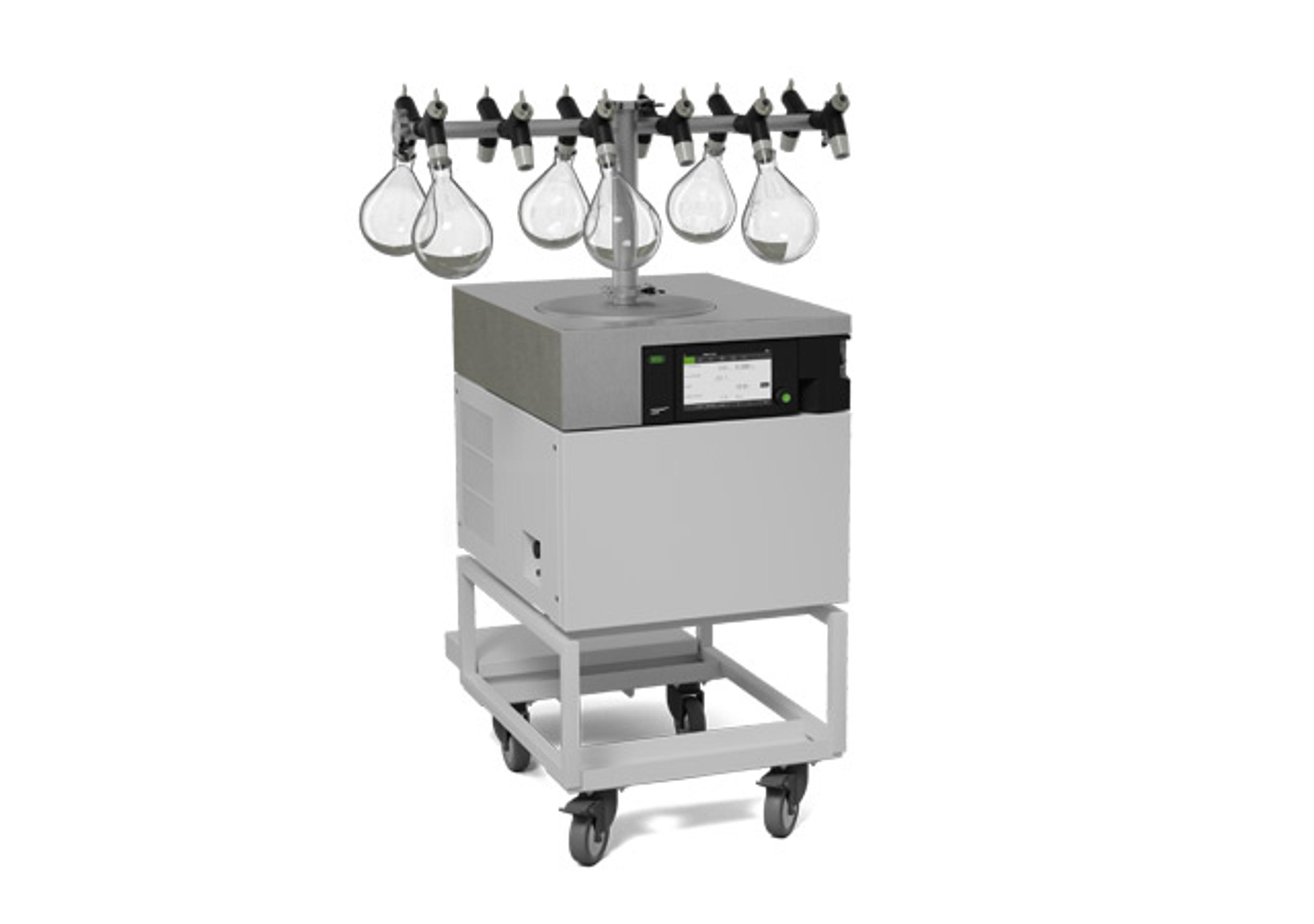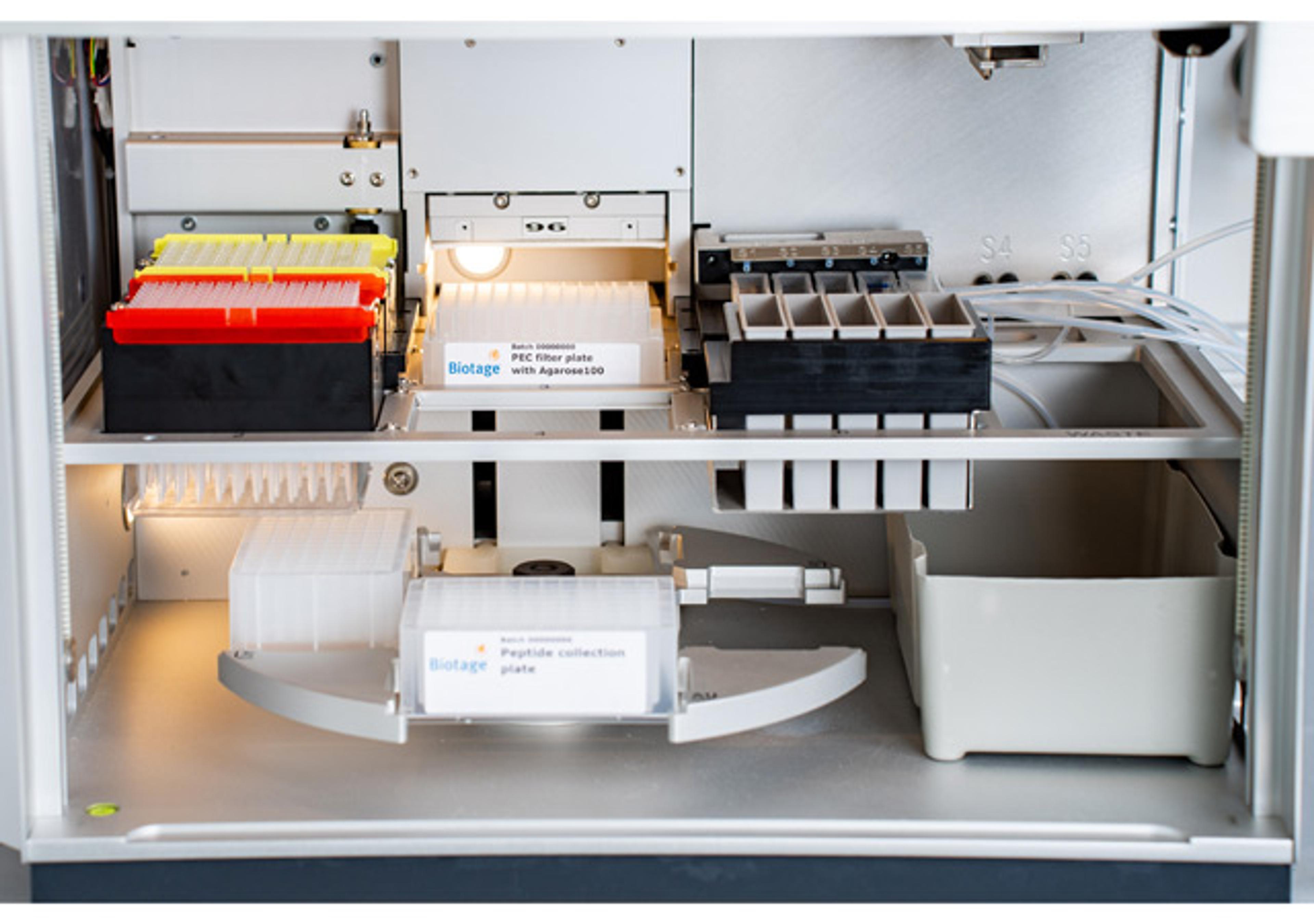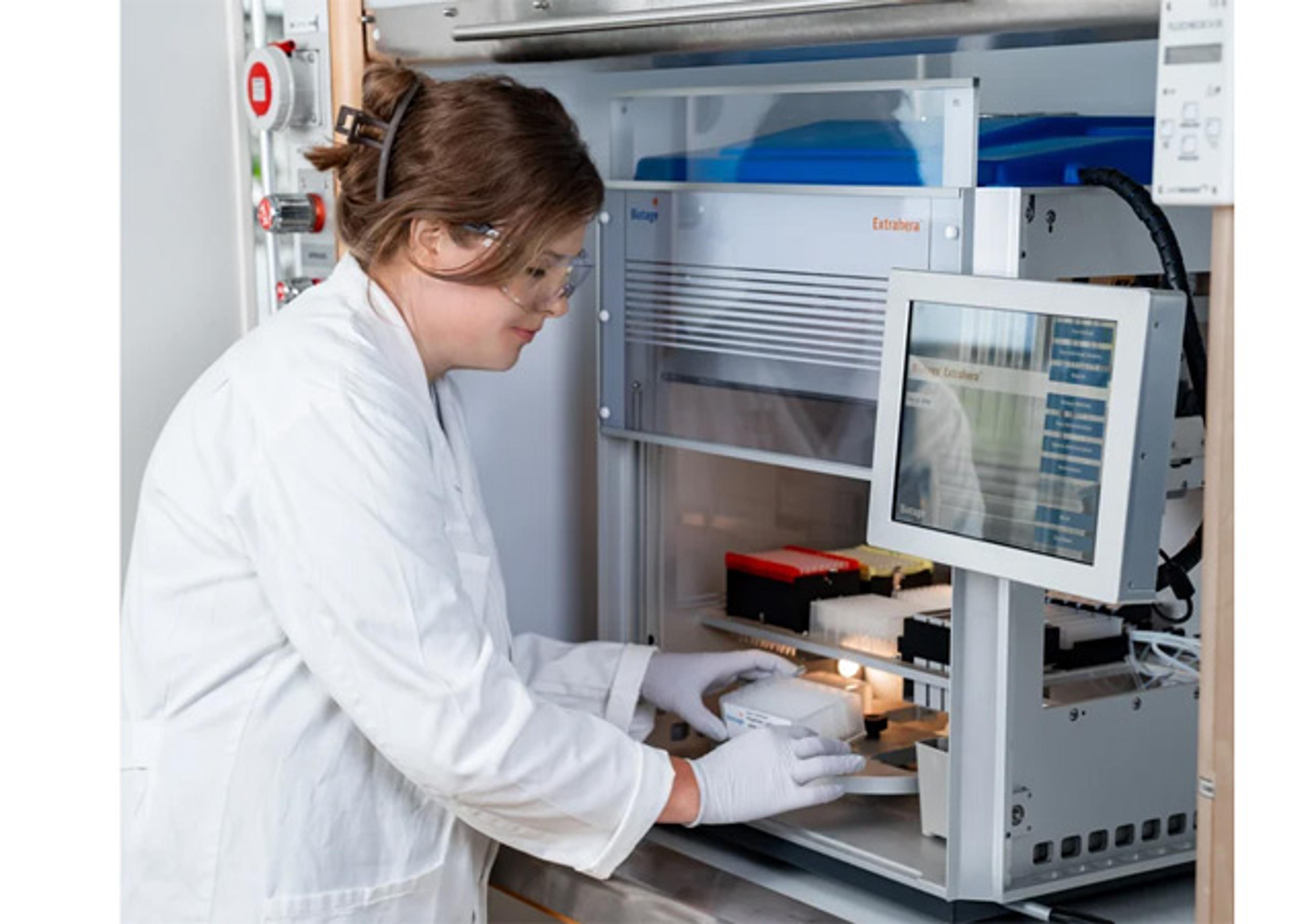Myriocin
Myriocin is a small-molecule inhibitor of serine palmitoyltransferase (SPTLC), isolated from the Mycelia sterilia thermophilic fungus, with immunosuppressive properties.
The supplier does not provide quotations for this product through SelectScience. You can search for similar products in our Product Directory.
Great for growth experiments
treatment of cells for growth assays
Used for growth assays in culture tubes & plate reader. Works well and produces the expected results based on literature. Long shelf life
Review Date: 30 Mar 2023 | Santa Cruz Biotechnology Inc.
Myriocin is a small-molecule inhibitor of serine palmitoyltransferase (SPTLC), isolated from the Mycelia sterilia thermophilic fungus, with immunosuppressive properties. SPTLC is responsible for catalyzing the committed step of sphingolipid biosynthesis; inhibition of this activity by myriocin leads to a depletion of sphingolipid levels in the cell. Apoptosis of interleukin-2-dependent cytotoxic T cells (CTLL-2) is induced by exposure to myriocin, and because this observed cell death is suspendable with addition of sphingosine, it is suggested that cellular levels of sphingolipids are important for signaling the onset of and escape from apoptosis in CTLL-2 T cells. This same observation indicates a mechanism for the immunosuppression associated with myriocin. Inhibition of sphingolipid production by myriocin is thought to disturb the composition of the lipid raft structure crucial for hepatitis C virus replication, indirectly suppressing proliferation of the virus. Adhesion to the extracellular matrix is shown to be disrupted in cells depleted of sphingolipids, and myriocin represents a tool for studying such behaviors of cells in sphingolipid-depleted states.Myriocin is a small-molecule inhibitor of serine palmitoyltransferase (SPTLC), isolated from the Mycelia sterilia thermophilic fungus, with immunosuppressive properties. SPTLC is responsible for catalyzing the committed step of sphingolipid biosynthesis; inhibition of this activity by myriocin leads to a depletion of sphingolipid levels in the cell. Apoptosis of interleukin-2-dependent cytotoxic T cells (CTLL-2) is induced by exposure to myriocin, and because this observed cell death is suspendable with addition of sphingosine, it is suggested that cellular levels of sphingolipids are important for signaling the onset of and escape from apoptosis in CTLL-2 T cells. This same observation indicates a mechanism for the immunosuppression associated with myriocin. Inhibition of sphingolipid production by myriocin is thought to disturb the composition of the lipid raft structure crucial for hepatitis C virus replication, indirectly suppressing proliferation of the virus. Adhesion to the extracellular matrix is shown to be disrupted in cells depleted of sphingolipids, and myriocin represents a tool for studying such behaviors of cells in sphingolipid-depleted states.

